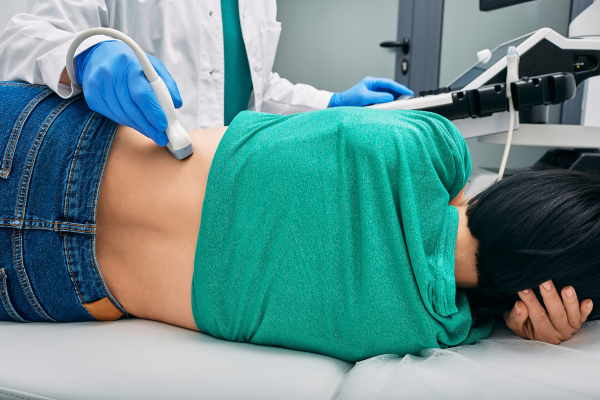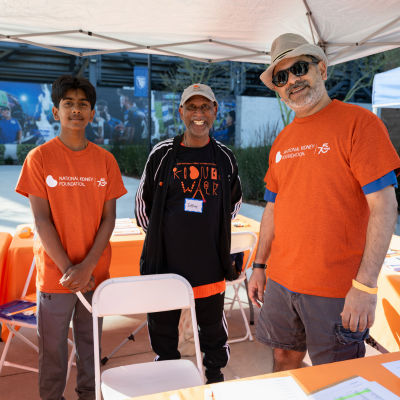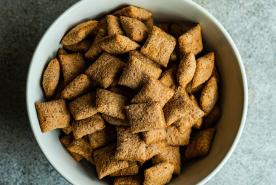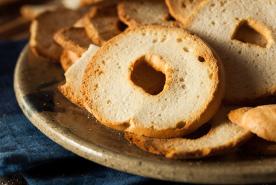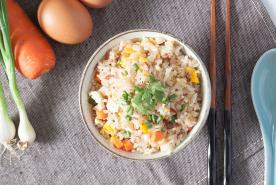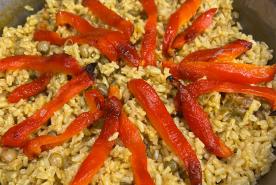September 02, 2025
Have you ever wondered how people get kidney stones? If so, you’re not alone. While kidney stones are common and painful, many people don’t know what causes them or how to prevent them.
There Are Four Types of Kidney Stones
There Are Four Types of Kidney Stones
The most common type of kidney stone. They form when calcium binds with oxalate, a natural substance found in many foods. The tendency to form them may be inherited (passed along in families).
Also common and may be an inherited condition. These stones can form from certain foods and drinks that increase uric acid levels. Having kidney disease or excess weight can increase your risk for uric acid stones.
Stones can be as small as a grain of sand or as big as a pebble or a golf ball. Smaller stones may pass out of the body without trouble, but others can block the urinary tract and cause pain, infection, bleeding, and kidney damage.
How Do You Get Kidney Stones?
Here are some of the most common reasons people get kidney stones:
- Not drinking enough water: Urine is more concentrated when you're dehydrated, allowing crystals to grow into stones more easily.
- Eating too much salt or sugar: A high-salt or high-sugar diet can raise calcium while decreasing the free water in the urine.
- Eating too much animal protein: Lots of meat, eggs, or fish can make urine more acidic and cause stones.
- Family history: A family history of kidney stones may increase your risk of developing them.
- Certain health conditions: Obesity, gout, kidney disease, and digestive issues like Crohn’s disease can raise the risk. Certain weight loss surgeries can also increase the risk.
- Some medicines and supplements: High doses of vitamin C, calcium supplements, or certain medications may lead to kidney stones.
Subscribe today!
Join the NKF Blog Newsletter
Get inspirational stories and kidney disease resources delivered to your inbox every month. You'll gain practical insights and expert advice to help you better understand and manage your kidney health, no matter where you are on your kidney journey
Signs You Might Have a Kidney Stone
If a stone blocks the flow of urine, you might feel:
- Intense pain in the side or back
- Lingering stomach ache
- Blood in your urine
- Nausea or vomiting
- Fever or chills
- Smelly or cloudy urine
“The first time I was diagnosed, I had pain in my lower back and groin,” said Art, a kidney stone patient. “After several doctor visits and scans, they found kidney stones. I needed surgery to remove them.”
If you have these symptoms, it’s important to see a doctor right away.
Treating Kidney Stones
If the stone is small, doctors may suggest you drink lots of water and let it pass naturally. If the stone is larger, you may need medical intervention.
Medical interventions include:
- Shock Wave Lithotripsy: A non-invasive treatment that uses sound waves to break stones into smaller pieces so they can pass more easily.
- Percutaneous Nephrolithotomy (Nephrolithotripsy): A surgical procedure that allows doctors to reach large or hard-to-reach stones.
- Ureteroscopy: A thin scope is inserted into the bladder and kidneys through the urethra to remove stones.
How to Help Prevent Kidney Stones
Kidney stones can be painful. The good news? Many of them can be prevented. By making some changes to what you eat and drink, you can lower your chances of getting stones in the future.
- Drink Plenty of Water Every Day: One of the easiest ways to prevent kidney stones is to stay well-hydrated. Water helps flush out the substances that can turn into stones.
- Eat Less Salt (Sodium) and Sugar: Too much salt or sugar in your diet can cause your body to release more calcium into your urine, which can lead to stones.
- Get the Right Amount of Calcium from Food: Eating the right amount of calcium from food can help prevent stones. But don’t take high-dose calcium supplements unless your doctor tells you to. These can raise your risk of stones.
- Watch Your Oxalate Intake (If Needed): If you’re at risk of oxalate stones, your doctor may suggest limiting foods very high in oxalate, like spinach, beets, and almonds. Your doctor or dietitian will help you create a diet plan that works for you.
- Eat Less Animal Protein: Eating a lot of animal protein can raise the acidity in your urine. Try to eat smaller portions of meat, and eat plant-based proteins like beans, lentils, and tofu more often.
- Know Your Risk and Talk to Your Doctor: Some people are more likely to get kidney stones due to family history, medical conditions, or medications. If you’ve had a kidney stone before, or think you may be at risk, talk to your doctor.
“I learned how to manage my diet and avoid new stones,” Art said. “I’ve had more than a dozen stones, and I can say, it’s not fun. But with the right care, you can lower your chances of recurrence.”
